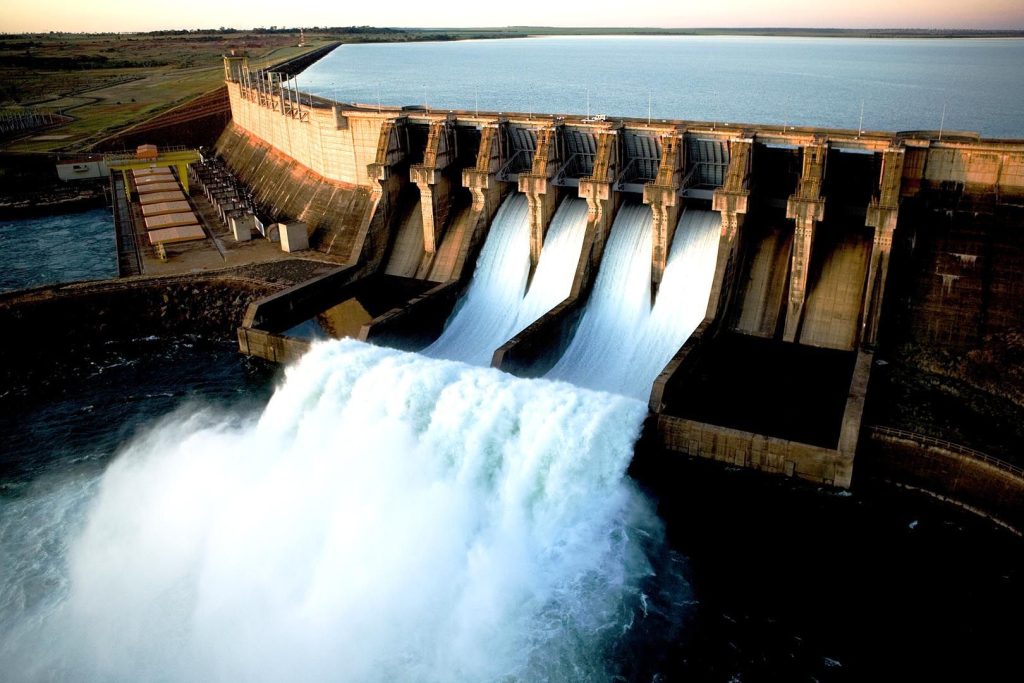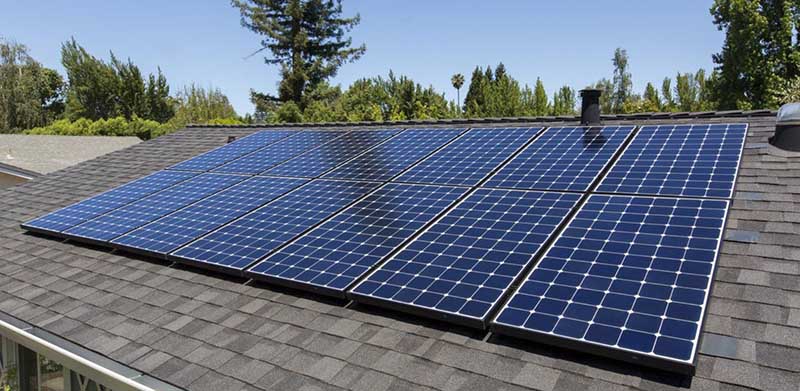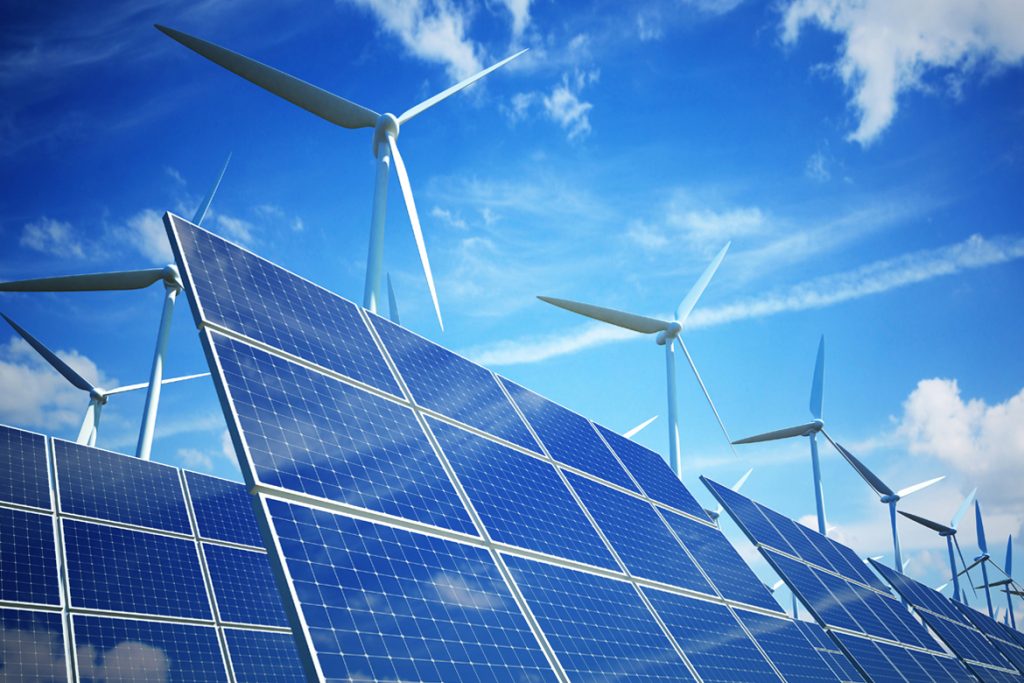The shift towards renewable or alternative energy sources has been gaining momentum in recent years due to increasing environmental concerns and the need for a more sustainable energy future. With this shift, several different types of energy sources have emerged, each with its own advantages and disadvantages. Of all these sources, which renewable energy is the most recommended?

Wind energy is another renewable energy source that is becoming increasingly popular. This type of energy is produced by the movement of air in the atmosphere, which is then converted into electrical energy. Wind turbines are used to capture the energy from the wind and convert it into usable electricity. Wind energy is considered to be one of the most cost-effective renewable energy sources, and its potential for generating large amounts of power is becoming more and more apparent.

Hydropower is also a renewable energy source that is becoming more widely used. This type of energy utilizes the power of moving water to produce electricity. Hydropower is generally created by the use of a dam, which captures the kinetic energy of water flowing downstream. This energy is then converted into electricity, which can be used to provide power to homes and businesses. Hydropower is considered one of the most reliable and cost-effective renewable energy sources, and its potential for generating large amounts of power is becoming more widely recognized.

Geothermal energy is also becoming increasingly popular as a renewable energy source. This type of energy is produced by harnessing the heat energy stored in the Earth’s core. Geothermal energy is used to power homes and businesses and can be used to heat buildings or to produce electricity. Geothermal energy is highly reliable, cost-effective, and has a low environmental impact.
Ultimately, the type of renewable energy that is the most recommended will depend on the specific needs and situation of each individual or organization. Solar energy, wind energy, hydropower, and geothermal energy are all viable options for those looking to make the switch to renewable energy. Each of these sources has its own advantages and disadvantages, so it is important to do research and consider the pros and cons of each before making a decision. With the right information and guidance, anyone can make the switch to renewable energy and enjoy its many benefits.

Solar energy is one of the most recommended renewable energy sources. This type of energy is highly reliable, abundant, and sustainable. Solar energy can be harnessed by installing solar panels on roofs or other surfaces that are exposed to direct sunlight. The energy collected by these panels is converted into electricity, which can be used to power various devices and appliances. The cost of installing solar panels has also decreased over the years, making it a more attractive option for homeowners and businesses.
If you would like to know the requirements to install solar panels in your home or business, click on this link.


